Shamsud-Din Bahar Jabbar rammed a truck into New Orleans’ crowded Bourbon Street in the pre-dawn hours of New Year’s Day in a terrorist attack, killing 14 people, including himself, and injuring dozens of others. Details about Jabbar’s life have since emerged, however, suggesting Jabbar’s personal life motivated the attack at least as much as his alleged extremist ideology.
Jabbar was just one of two armed services personnel to commit random acts of violence over the New Year’s Day holiday. Just hours after Jabbar’s attack, Matthew Alan Livelsberger, an active-duty U.S. Army Special Operations officer, blew up a Tesla Cybertruck loaded with fireworks and explosives outside the Trump International Hotel in Las Vegas. Livelsberger, 38, was killed, and several dozen others were injured in the blast.
Despite serving in the military, the two men have no known connection, and it’s unclear if either man was motivated to commit their crimes because of their military experience. Still, Jabbar and Livelsberger’s cases underscore the mental health crisis in active and former service members.
Jabbar had financial problems
Jabbar was a 42-year-old U.S.-born army veteran who had served in Afghanistan when he drove a rented truck loaded with firearms and explosives into the Bourbon Street New Year’s Eve celebration. Jabbar was shot and killed at the scene in a firefight with police. Improvised explosive devices (IED) were also discovered in the area, leading officials to think Jabbar had an accomplice. Officials later declared they believed no one else was involved amid the ongoing investigation.
Raised Christian, Jabbar had converted to Islam sometime before the attack, and before the New Orleans violence, he shared several videos online saying he had joined ISIS and supported the cause. There was an ISIS flag on the outside of the vehicle, an Islamic jihadist terrorist group responsible for terror attacks worldwide. The Post says Jabbar spent 10 days in Egypt last year.
In the days since the attack, the New York Post reported that Jabbar, a twice-divorced father, lived in a rundown trailer in Beaumont, TX, near Houston, near a local mosque, with sheep, goats, and chickens roaming freely in the yard. He was separated from his current wife when he traveled to New Orleans in a rented truck before New Year’s Eve.
Like many who commit random and shocking acts of violence, those who knew Jabbar say there were few signs of trouble. Chris Pousson, Jabbar’s childhood friend who also lives in Beaumont and kept in contact with Jabbar, told The New York Times that Jabbar never shared extremist ideology with those close to him.
“It was never Muslim extremist stuff,” Pousson said, “and he was never threatening any violence, but you could see that he had gotten really passionate.”
Jabbar, however, struggled to adjust to civilian life after leaving the service. In the months before the New Orleans attack, Dwayne Marsh, Jabbar’s ex-wife’s current husband, said Jabbar was no longer allowed to spend time with his daughters, aged 15 and 20, because Jabbar had started acting erratically, “being all crazy,” Marsh said, and “cutting his hair.”
He was $16,000 in debt, had been sued for unpaid child support in the past, and was unable to make his house payments when he died. Jabbar worked in real estate, and he and his company had massive financial losses. He reportedly worked at an accounting firm before he died.
Livelsberger’s marriage was in trouble
As for Livelsberger, reports now say he split from his wife just days before he died, and that social media evidence suggests he was a Trump supporter. A Trump-ally Elon Musk Cybertruck explosion happening outside a Trump hotel raised the possibility it was politically motivated, but, like Jabbar, Livelsberger’s decision to take his own life and possibly kill or harm others while doing so had underlying mental health causes.
With a potential $120 billion in cuts to the VA coming under the returning Trump administration in 2025, the issues faced by Jabbar and Livelsberger among former and active service members could worsen as demand for VA services increases.
Of the proposed budget cuts, Florida Democratic Representative Debbie Wasserman Schultz told Miltary.com, “[I]t will mean that veterans would no longer be eligible for in-patient services, like surgeries, acute care and injuries that may require urgent care, and out-patient services, like health appointments, immunizations, and nutrition, and education.”

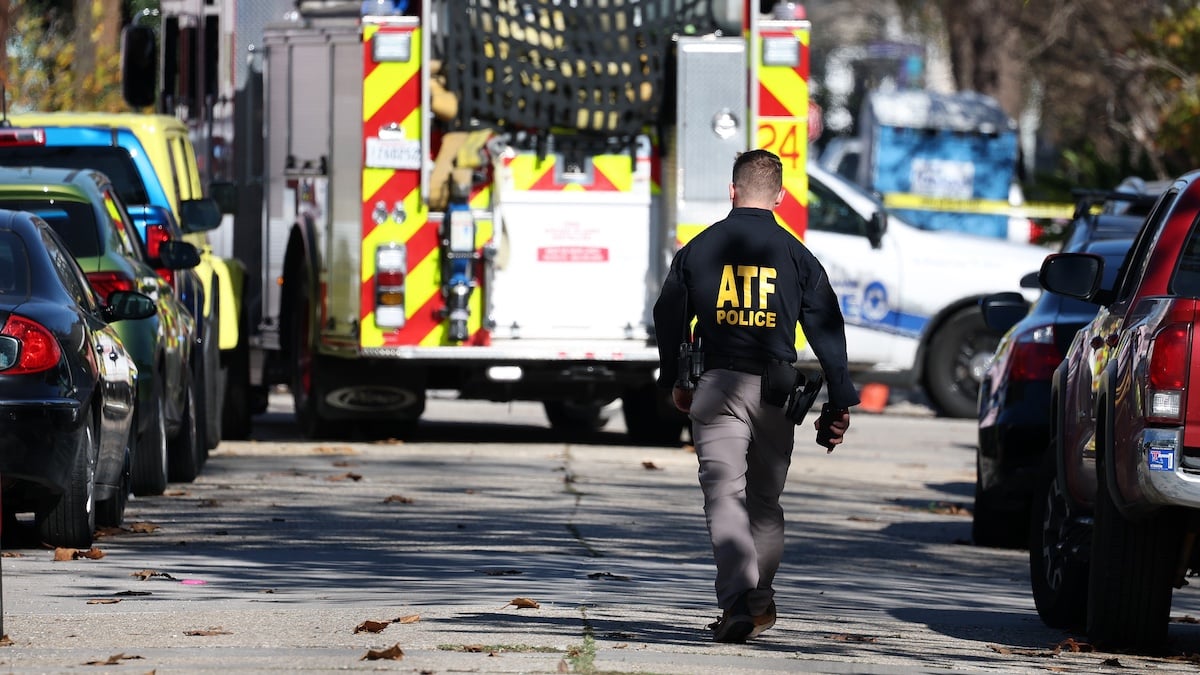
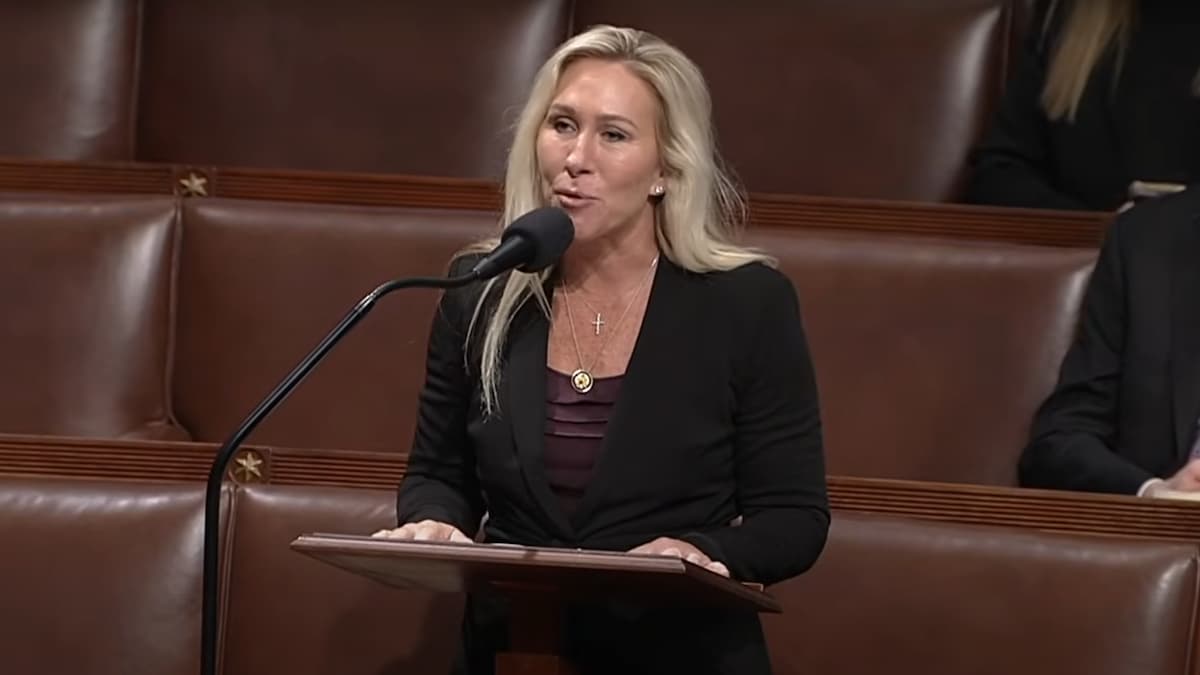
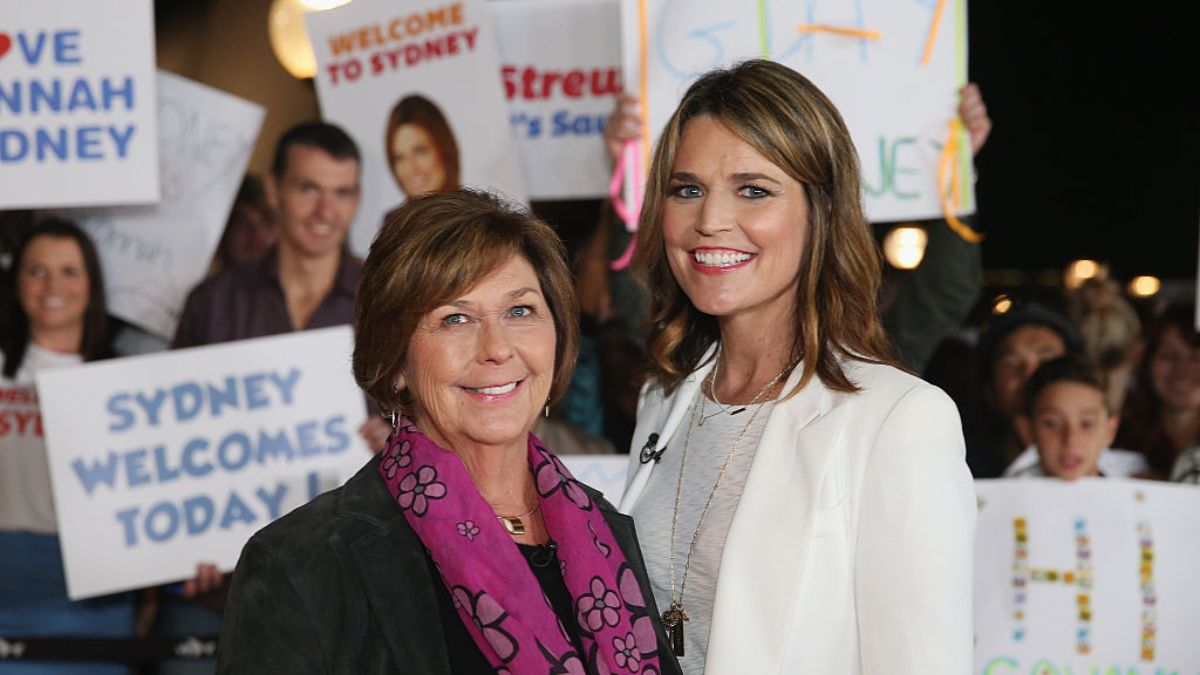

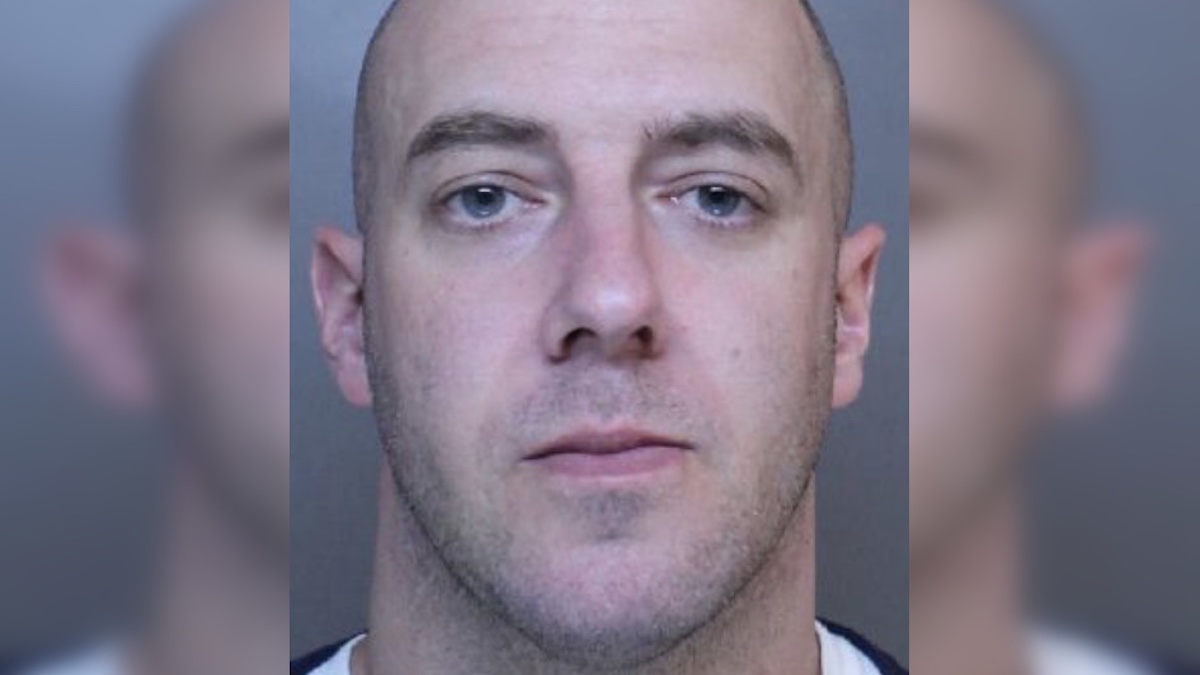
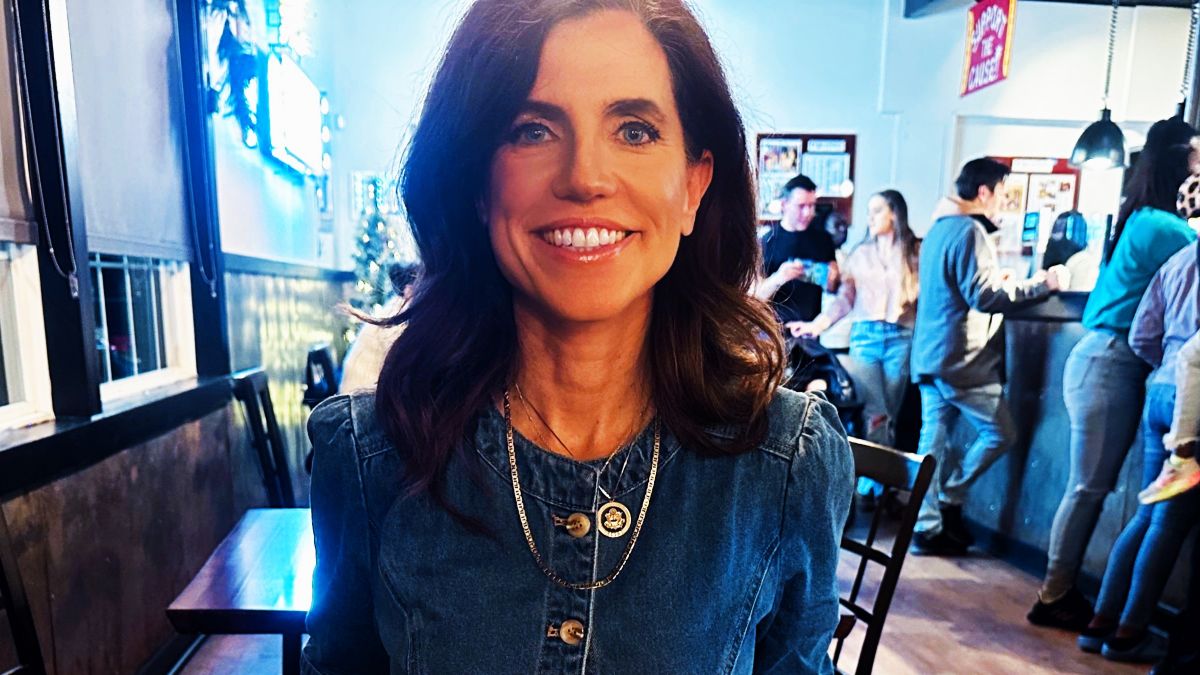




Published: Jan 3, 2025 02:43 pm